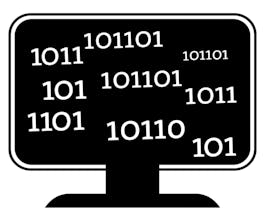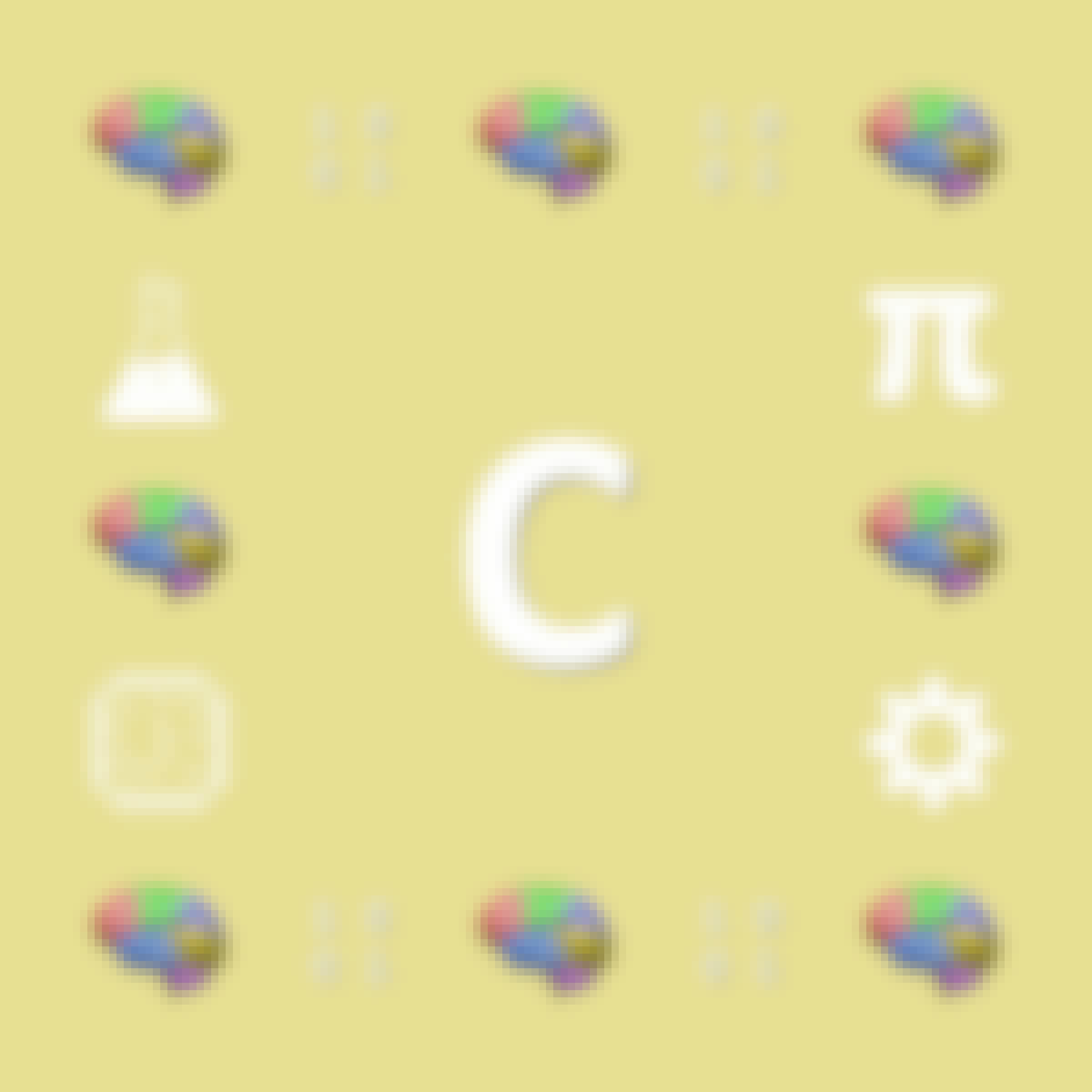Filter by
The language used throughout the course, in both instruction and assessments.
Results for "history+of+computing"

University of Colorado Boulder
Skills you'll gain: Algorithms

Dartmouth College
Skills you'll gain: Computer Programming, Computer Programming Tools

Skills you'll gain: Operating Systems, System Software

University of London
Skills you'll gain: Mathematical Theory & Analysis, Mathematics, Problem Solving, Algebra, Calculus, Applied Mathematics, Critical Thinking, Theoretical Computer Science

Politecnico di Milano
Skills you'll gain: Hardware Design, Computer Architecture, Computer Programming, Microarchitecture, Systems Design, Theoretical Computer Science

University of Leeds
Skills you'll gain: Cryptography, Graph Theory

Skills you'll gain: Cloud Computing, Cloud Infrastructure

Skills you'll gain: Cloud Computing, Cloud Platforms

University of Colorado System
Skills you'll gain: C Programming Language Family, Computer Programming, Algorithms, Computational Thinking

Rice University
Skills you'll gain: Computer Programming, Python Programming, Algorithms, Data Structures, Theoretical Computer Science

University of Michigan
Skills you'll gain: Computational Thinking, Computer Programming, Entrepreneurship, Leadership and Management, Problem Solving, Research and Design, Theoretical Computer Science, Algorithms

LearnKartS
In summary, here are 10 of our most popular history+of+computing courses
- Computing, Ethics, and Society: University of Colorado Boulder
- C Programming: Getting Started - 1: Dartmouth College
- Intro to Operating Systems 3: Concurrency: Codio
- Mathematics for Computer Science: University of London
- FPGA computing systems: Background knowledge and introductory materials: Politecnico di Milano
- An Introduction to Logic for Computer Science: University of Leeds
- Cloud Computing Primer: Infrastructure as a Service (IaaS): Codio
- Cloud Computing Primer: Platform as a Service (PaaS): Codio
- Algorithms, Data Collection, and Starting to Code: University of Colorado System
- Principles of Computing (Part 2): Rice University










